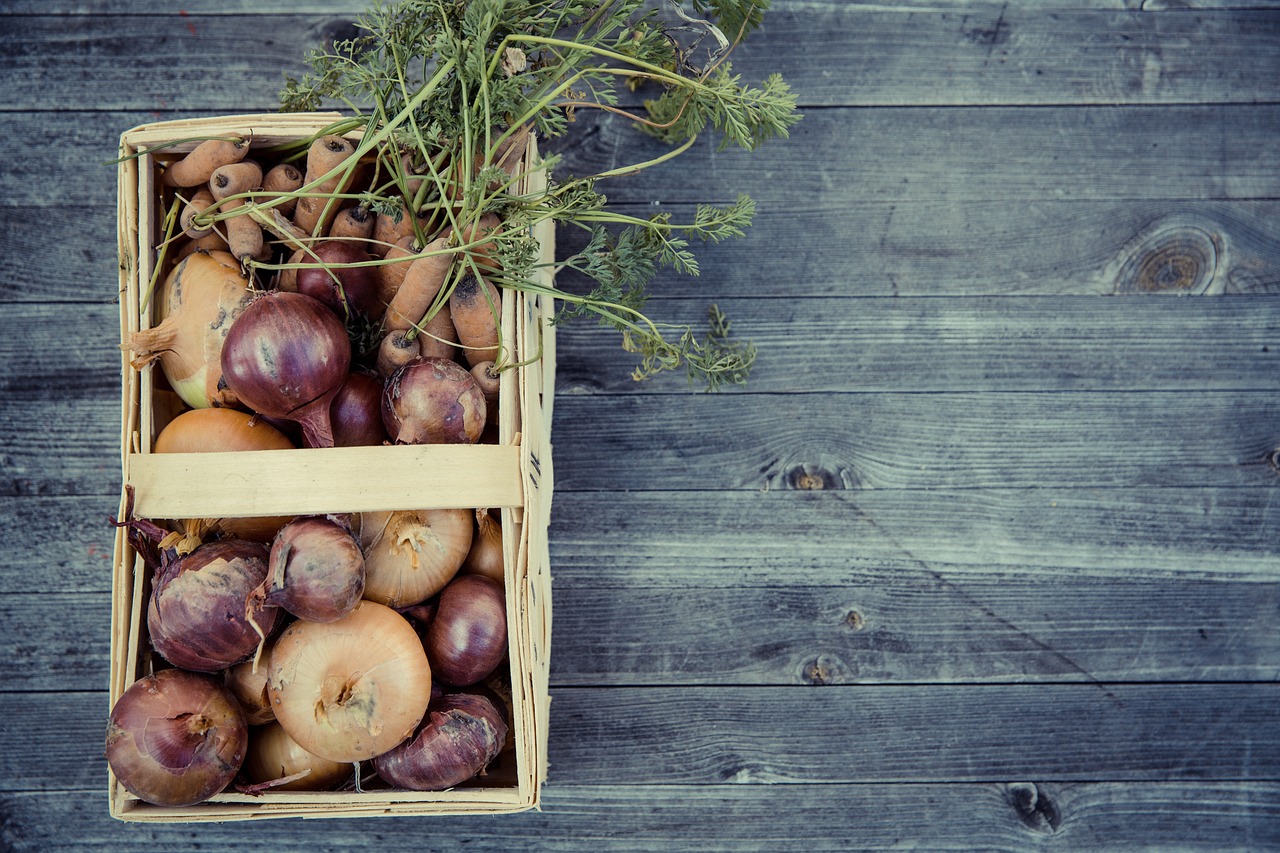The Growth of Artisanal Food Producers
Artisanal food producers are essential players in the food industry who prioritize quality and craftsmanship in their products. These producers often source ingredients locally and adhere to traditional methods to create unique and flavorful offerings for consumers. Their commitment to authenticity and sustainability has resonated with consumers seeking high-quality, ethically produced food options.
Furthermore, chefs and restaurants play a significant role in the artisanal food industry by showcasing and promoting these unique products. Many chefs have embraced farm-to-table practices by sourcing ingredients directly from local producers, fostering a symbiotic relationship that supports small-scale artisans and celebrates regional flavors. By championing artisanal foods on their menus, chefs not only provide a platform for these producers but also contribute to the growth of the artisanal food movement as a whole.
The Rise of Farm-to-Table Practices
Farm-to-table practices have surged in popularity in recent years as consumers increasingly seek more transparency and connection to the food they consume. This movement emphasizes sourcing ingredients directly from local farms and producers, cutting out the middlemen and ensuring fresher, higher quality products reach the table. By shortening the supply chain, farm-to-table practices also aim to support local economies and reduce the carbon footprint associated with shipping food over long distances.
Restaurants and chefs have played a significant role in driving the farm-to-table movement by showcasing the benefits of using locally-sourced ingredients in their dishes. By partnering with nearby farmers and growers, these establishments not only enhance the flavor and quality of their offerings but also foster a sense of community and sustainability. Emphasizing seasonality and provenance, farm-to-table practices encourage a deeper appreciation for the origins of our food and the skilled hands that bring it from farm to plate.
Challenges Faced by Artisanal Food Producers
Artisanal food producers face various hurdles when trying to establish themselves in the competitive market. One significant challenge revolves around sourcing high-quality, sustainable ingredients consistently. Procuring these ingredients can be costly and time-consuming, especially when trying to maintain the integrity of their products without compromising on taste. Additionally, artisanal food producers often struggle to scale their operations while still maintaining the handmade, small-batch essence that sets them apart from mass-produced goods.
Another obstacle that artisanal food producers encounter is distribution and access to target markets. Unlike larger food corporations with established supply chains and distribution networks, artisanal producers often have limited resources to expand their reach. This limitation can hinder their ability to connect with consumers who value the unique offerings of artisanal foods, further complicating their efforts to compete on a larger scale.





